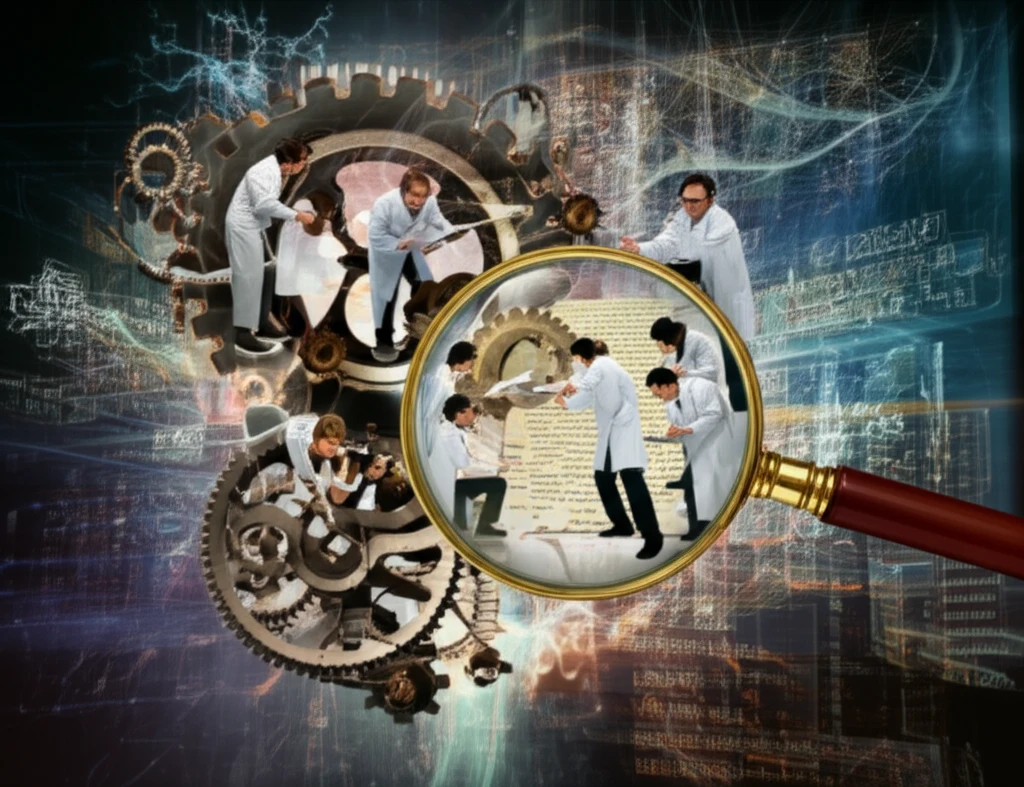
The Unsung Heroes of Scientific Advancement: Acknowledging the Reviewers
"Why peer review is crucial for maintaining quality and fostering innovation in scientific research, and how reviewers contribute to the growth of knowledge."
In the realm of scientific publishing, the spotlight often shines on researchers and their groundbreaking discoveries. However, behind every published article lies a team of dedicated individuals who play a crucial role in ensuring the quality, accuracy, and impact of the work: the reviewers.
Peer review, the process by which experts in a field evaluate scholarly work, is the cornerstone of scientific integrity. It's a critical step that helps to validate research findings, identify potential flaws, and ultimately advance knowledge. Without the meticulous efforts of reviewers, the scientific landscape would be rife with inaccuracies and unreliable information.
This article delves into the significance of reviewers in the scientific process, highlighting their contributions and shedding light on their often-unseen work. We'll explore how their constructive feedback shapes research, maintains quality, and fosters continuous growth within scientific disciplines. This is an exploration of the E-E-A-T of experts.
The Vital Role of Reviewers in Corrosion Science

The document acknowledges the contributions of reviewers to 'Recent Patents on Corrosion Science' journal during 2013. This acknowledgment underscores the importance of peer review in maintaining the quality and integrity of scientific publications. Reviewers volunteer their time and expertise to evaluate manuscripts, providing critical feedback that helps authors improve their work.
- Constructive Feedback: Reviewers provide valuable comments and suggestions that help authors refine their research and improve the clarity of their manuscripts.
- Quality Control: The peer review process acts as a filter, ensuring that only high-quality, well-supported research is published.
- Expert Validation: Reviewers, as experts in their respective fields, assess the validity and significance of research findings.
- Ethical Oversight: Reviewers help identify potential ethical concerns, such as plagiarism or data manipulation.
The Enduring Legacy of Peer Review
The acknowledgment of reviewers in 'Recent Patents on Corrosion Science' serves as a reminder of the vital role these individuals play in the scientific ecosystem. Their contributions extend beyond simply evaluating manuscripts; they are active participants in shaping the direction of research and ensuring the reliability of scientific knowledge.
As the volume of scientific publications continues to grow, the importance of peer review will only increase. It is essential to recognize and appreciate the efforts of reviewers who dedicate their time and expertise to upholding the standards of scientific integrity.
By acknowledging and supporting the peer review process, we can collectively contribute to the advancement of knowledge and the betterment of society.
